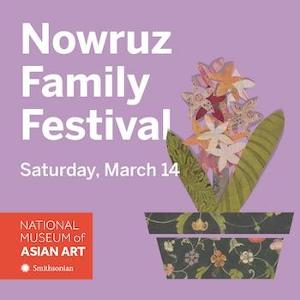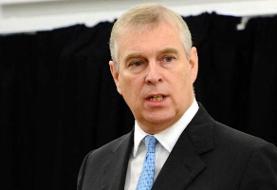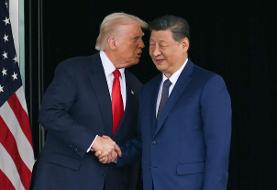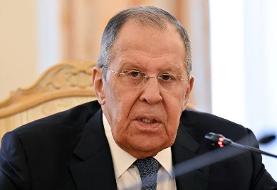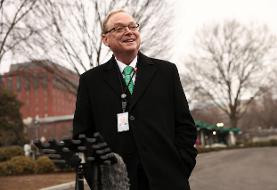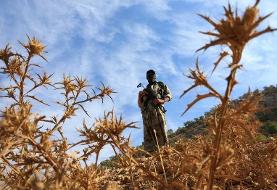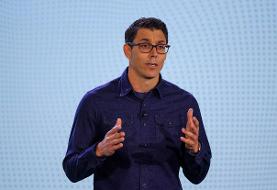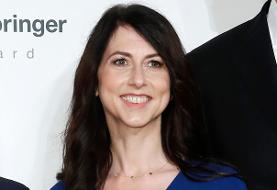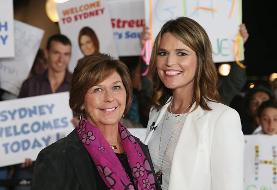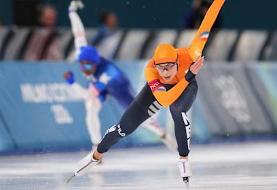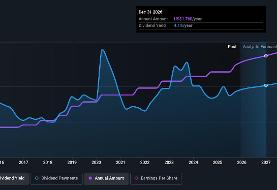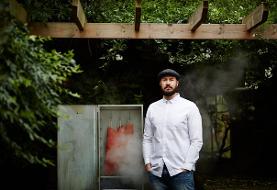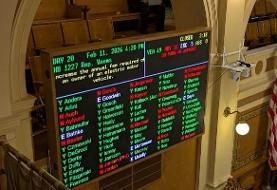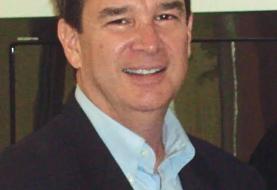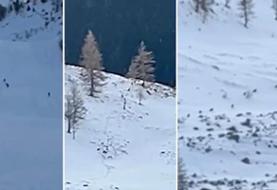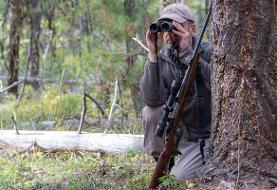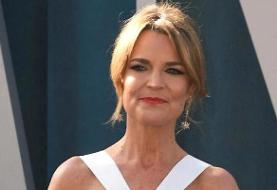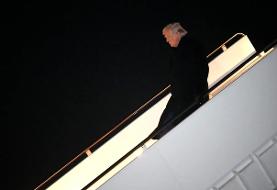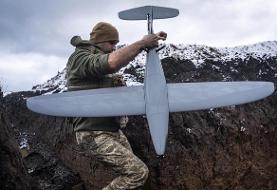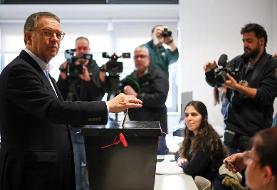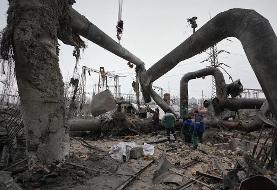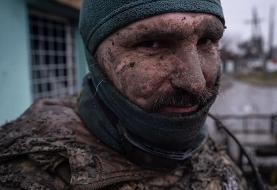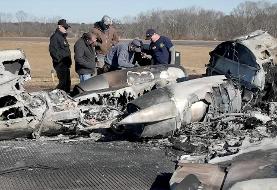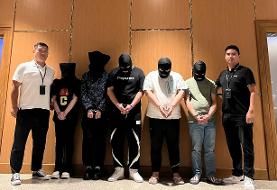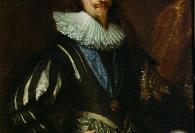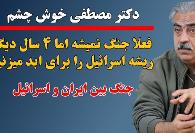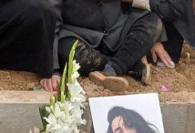Hossein Alizadeh:
Hossein Alizadeh (Tehran-1950) is considered one of the most important figures in contemporary Persian music. He comes from a traditional training. He learned the Radif of Persian classical music with various masters of the tradition including PortraitHoushang Zarif, Ali Akbar Shahnazi, NurAli Borumand, Mahmood Karimi, Abdollah Davami, Yousef Foroutan, and Saied Hormozi and later recorded the entire body of the Radif based on the interpretation of Mirza Abdullah for Tar and Setar. He also received a BA in Music Composition and Performance from the University of Tehran and later studied Composition and Musicology at the University of Berlin. He has taught at the University of Tehran and the Tehran Music Conservatory.
Alizadeh has led a solo career, performing both in Iran and throughout North America, Europe and Asia. He was the conductor and soloist in the Iranian National Orchestra of Radio and Television, established the acclaimed Aref Ensemble and worked with the Shayda Ensemble. His first professional experience in Europe was playing in the orchestra of the famous Bejart Ballet Company in Maurice Bejart’s ballet, Gulistan.
Some of Alizadeh’s most noted compositions are The Nava Improvisations (1976), Riders of the Plains of Hope (1977), Hesar (1977), Revolt (1983), Ney Nava (1983), Dream (1986), Torkaman (1986), Raz-O-Niaz (1986), Delshodegan (1987), Song of Compassion (1991), New Secret (1996), A Time for Drunken Horses (2000), Turtles can Fly (2004), Endless Vision (2004), Nive Mang (2006), Under the Razor (2007) and Ode to Flowers (2007). The album, Endless Vision has been nominated for the Best World Music Album of the Year 2006 in the 49th Edition of the Grammy Awards.
Alizadeh established the Hamavayan Ensemble in 1989 with a new approach to the traditional Iranian choral singing. Accompanied with traditional instruments, this ensemble has appeared in many of Alizadeh’s compositions including New Secret, Gabbeh, Songs of Compassion and Endless Vision.
......................................
Pezhham Akhavas
Pezhham was born in 1980 and graduated with bachelor's degree in music from Sureh University of Tehran. With the support of his renowned artist father Mostafa, Pezhham began studying the Tombak at the age of five with the guidance of Ostad Naser Farhanghfar. From 1989-1991, he continued studying Tombak with Mr. Saeid Roudbary. Pezhham developed a very unique ability to grasp the technicalities of the tombak and bring a new approach to rhythm. His unique approach has resulted in Pezhham being termed one of the most distinguished musicians of his generation.
In addition to Tombak and Daf, Pezhham is knowledgeable about Setar, Tanbour and Oud. and has studied other percussion instruments including: Indian Tabla with the guidance of Ostad Zakir Hussain, kanjira and gatam.
Contact the organizer for latest event info. Kodoom.com is not responsible for any changes made in the above information. Report or Flag this event


